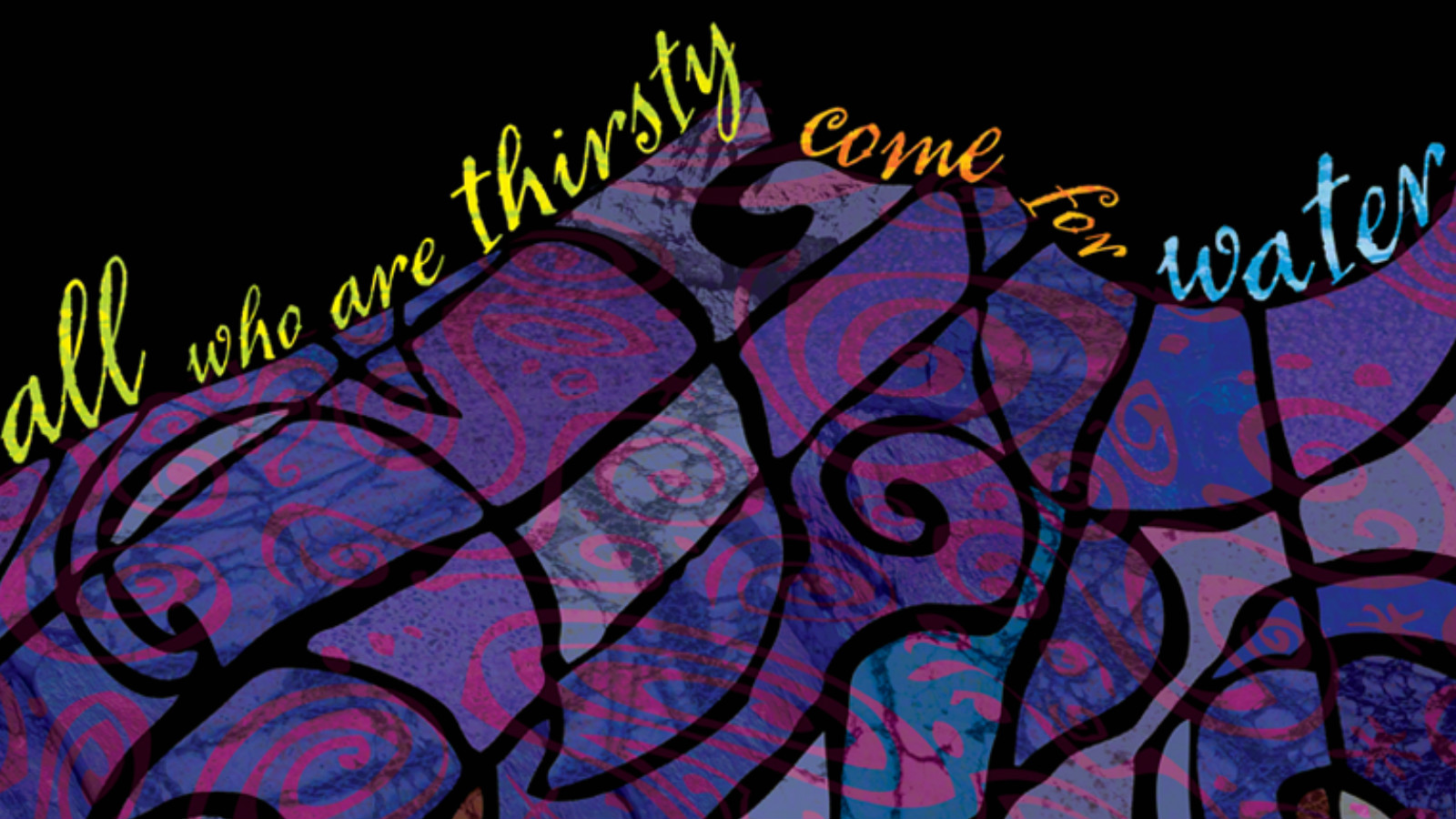Commentary on Parashat Re'eh, Deuteronomy 11:26-16:17
My rabbi, Alan Lew, used to always complain about the challenges of living on an annual cycle with emotional dimensions. Tisha B’Av, in the dead heat of summer, is about grief. Purim, which happens right as the winter begins to recede, has a manic, feral edge to its celebration. Rabbi Lew used to kvetch, in his sardonic Brooklyn way, that he always felt happy on the days you’re supposed to be sad, and blue on the days you’re supposed to be ecstatic. There was no winning, really.
And this all gets even trickier when it’s connected to a mitzvah. That is, one of the key commandments for the holiday of Sukkot—the holiday marking, among other things, the fall harvest—is to be happy. V’samachta b’hagecha, the Torah instructs; you shall be joyful in your festival. How, many commentators have asked—how on Earth can Jewish law command a person to feel happy? And if you can’t get there? Then what? You’re a sinner for feeling heartbroken or blue that day? If we could all easily turn on the joy fountain on command, our culture would look very different — entire very profitable industries are built around selling happiness in some form or another. How does it work to command people, in a religious context, to feel a feeling?
As it turns out, that’s not what the Torah is doing. It says in Parashat Re’eh:
You shall observe the Festival of Sukkot seven days, after you have gathered in your grain and your wine; And you shall rejoice in your festival, you, and your son, and your daughter, and your manservant, and your maidservant, and the Levite, the stranger, and the orphan, and the widow, who are inside your gates. Seven days you should hold a festival for God …and you will have nothing but joy. (Deuteronomy 16:13-15)
In context, “be joyful” is better translated as, “to rejoice.” That is to say, you should do a series of actions. You should come together with your family, your workers, and the various people in your community who are vulnerable and/or who do not have resources to “hold a festival,” presumably featuring the aforementioned grain and wine, on their own. So the commandment to be joyful is really a commandment to throw a party, to have a celebration, to bring people together, all the while making sure that even those most on the margins of society are included. Because our joy isn’t really joy if it’s available only for the privileged. That’s not holy rejoicing.
With your help, My Jewish Learning can provide endless opportunities for learning, connection and discovery.
So this commandment isn’t to “feel joyful,” but rather to get out into community and celebrate. And, this text seems to suggest, that act of celebration will lead to feelings of joy — as a consequence of doing a good thing, “You will have nothing but joy.” This happens, sometimes. We all have evenings when we feel miserable and wretched, and are tempted to hide at home under the bed. But sometimes the doing leads to the feeling — sometimes when we haul ourselves out, put on some presentable clothing and go to the dinner or party or other social obligation, we discover that being out in community, being together with others in a loving space filled with good cheer does, in fact, raise our spirits. Sometimes getting out in the world and enjoying what the world has to offer can bring us to this feeling of exaltation.
For, at least in the Jewish tradition, joy is really described as something that has some interface with external reality. The rabbis of the Talmud (Pesachim 109a) ask, referencing the passage above, how should we bring joy to our family on the festivals? They come up with a few suggestions, including new clothes, and meat, and ultimately decide that the answer is wine. Because the Jewish tradition isn’t ascetic. The body and its pleasures are considered a holy good in their own right. Joy is about being around other people, about celebrating, about feasting, about aesthetic beauty (which I think is what the “new clothes” thing is about), about sights and sounds and tastes and smells and dancing and laughing and hugging and connecting. It’s about running barefoot in the sand, being chased by a couple of kids. It’s about building a pillow fort. It’s about being in the world, being part of the world, being with the world, and knowing that this deliciousness, all of it, is a blessing.
mitzvah
Pronounced: MITZ-vuh or meetz-VAH, Origin: Hebrew, commandment, also used to mean good deed.
Sukkot
Pronounced: sue-KOTE, or SOOH-kuss (oo as in book), Origin: Hebrew, a harvest festival in which Jews eat inside temporary huts, falls in the Jewish month of Tishrei, which usually coincides with September or October.
Talmud
Pronounced: TALL-mud, Origin: Hebrew, the set of teachings and commentaries on the Torah that form the basis for Jewish law. Comprised of the Mishnah and the Gemara, it contains the opinions of thousands of rabbis from different periods in Jewish history.

